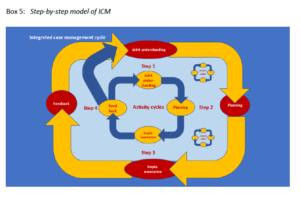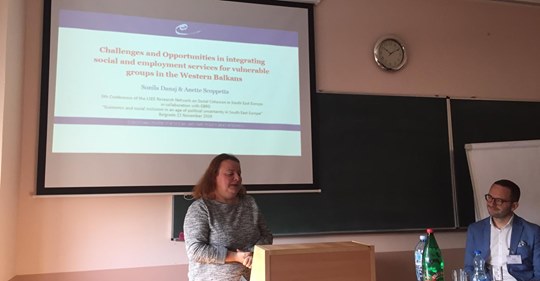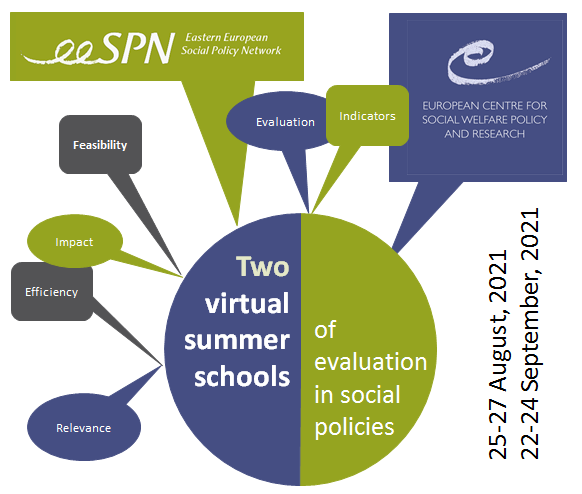Foster care in Albania
By Merita Xhumari and Megi Xhumari, University of Tirana
There are approximately 700,000 children in Albania, representing a dependency ratio of 25.0 children per 100 working age population. Close to 0.12 per cent (1.2 per 1,000) of the child population lives in residential institutional care, as reported by the State Inspectorate for Social Services in June 2016. Referring to the latest annual report of State Social Services, during 2020 15 children from the public residential institutions of children in Albania have been reunited with their biological families, while 27 children have been adopted. The national program for the establishment of the new foster care service is institutionalized since 2008 in the Strategy of social protection and the action plan for its implementation. Law 18/2017, “On the children’s rights and protection” defines the institutional mechanisms for the protection of children’s rights at central and local level. These developments reflect the commitments of the Albanian government towards the United Nations Sustainable Development Goals 2030, Objective 1.4 Article 20: “Children deprived of their family environment are entitled to special protection and assistance from the State which provides… an alternative care” in the National Agenda for Children Rights 2017-2020. Albania’s EU integration process also requires the development of policies and services according to Principle 11 “Care and support for children” of the European Pillar of Social Rights.
In order to support alternative care for children, SOS Children’s Villages Albania in partnership with Tirana Legal Aid Society (TLAS) have been implementing the project “The Development of CSOs for foster care in Albania”, financed by European Union. The objective of the project was to: “Support good practices and models of protection of children from abuse and violence, alternative care, family strengthening, inclusive education and early childhood development with a special focus on vulnerable & minority groups”. The project started in April 2018 and ended in March 2021, implemented in 3 main regions of Albania, Tirana, Durrësi and Korça.
Despite the fact that in the last years, de-institutionalization and the development of family-based services and foster care have become a priority for governmental agendas, the accessibility to a range of care options, including foster care, has not really been prioritized and residential cares prevails and continues to account for the highest number of children in alternative care. The main challenges faced that were identified in the course of the project implementation on foster care have been the lack of information and public awareness about this new family-based service. In Albania, the placement of children in kinship families has traditionally been applied without any court process. On the one hand, it has been the mentality of biological parents to leave their children in residential care rather than in foster care families, as they fear they might lose their child forever. On the other hand, there is the mentality of Albanian families, who want to have a child permanently as part of the family, to better decide for adoption rather than have a foster family that provides a temporary care for children without parental care. Furthermore, there are also macro level challenges related to the capacities of local government, courts and other local actors that need to be developed to be able to manage the new foster care service.
The key recommendations drawn from the project implementation include the actions to increase public awareness on foster care, the creation of a juvenile court, free legal service for foster families; the establishment of better synergies across institutions; and for foster family to be recognized as a profession and to have an adequate payment.
In support of these recommendations, one of the main outputs of the project was the development of a Practical Training Manual for Foster Care in Albania by Bethany Social Services, the first local NGO piloting foster care service in Albania, to guide local professionals and key stakeholders in foster care service implementation. The Manual published in the Albanian language can assist professionals from Kosovo, North Macedonia, as well as Montenegro where a considerable Albanian population is living.
The central axis for addressing the main topics of the Manual is the United Nations Convention on the Rights of the Child ratified by the Albanian government, which stipulates that “… the child, for the full and harmonious development of his / her personality, must grow up in a family environment, in a happy atmosphere, with love and understanding”, as well as the UN Guidelines for Alternative Care for Children.
Content-wise, the Training Manual aims to provide knowledge, develop skills and competencies related to:
- The value and importance of the family for children;
- Laws, regulations and policies governing the foster care service;
- The process of implementing the foster care service;
- Categories of competencies for the foster care service;
- Commitment to the role as a member of a professional Cross-cutting Technical Group.



